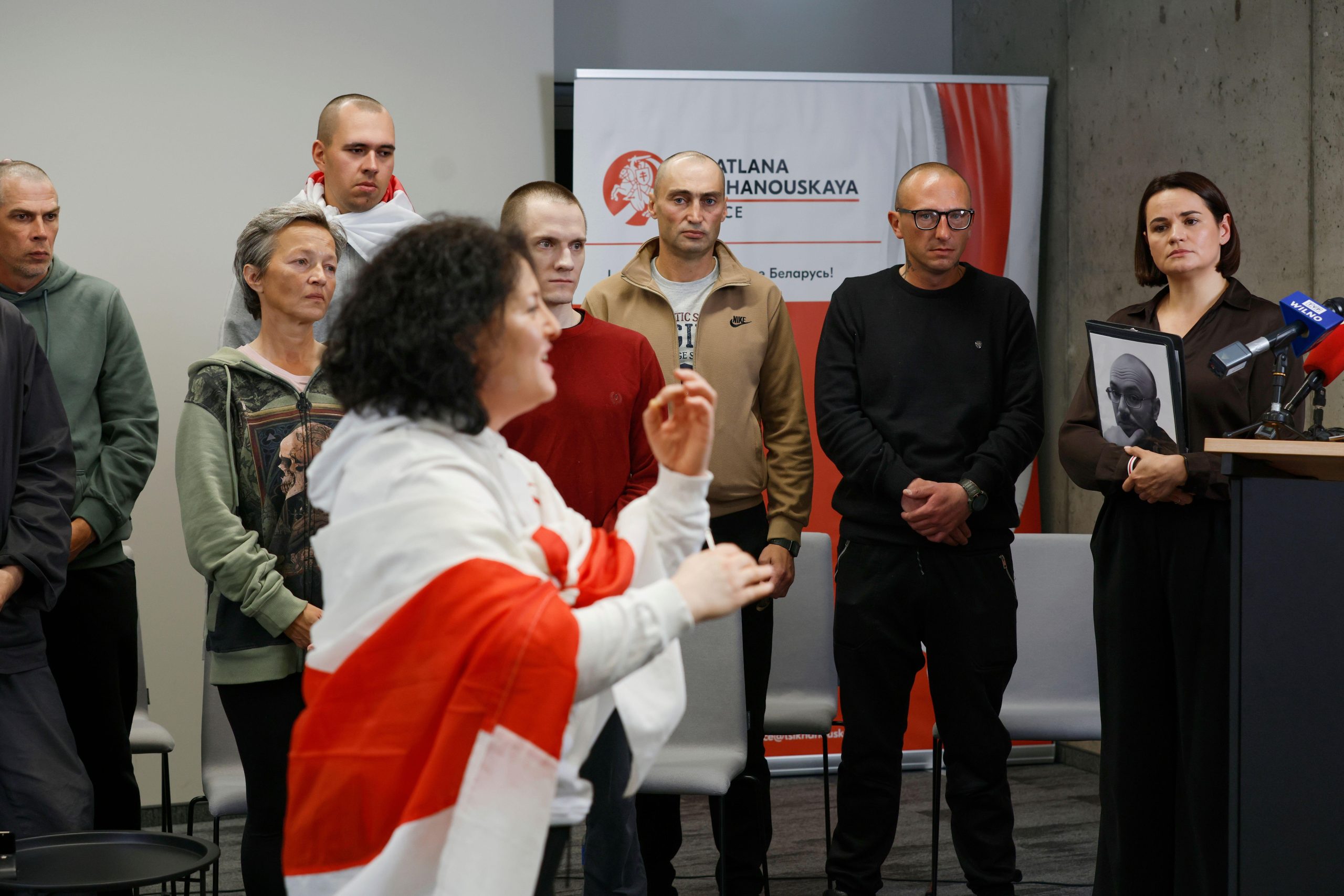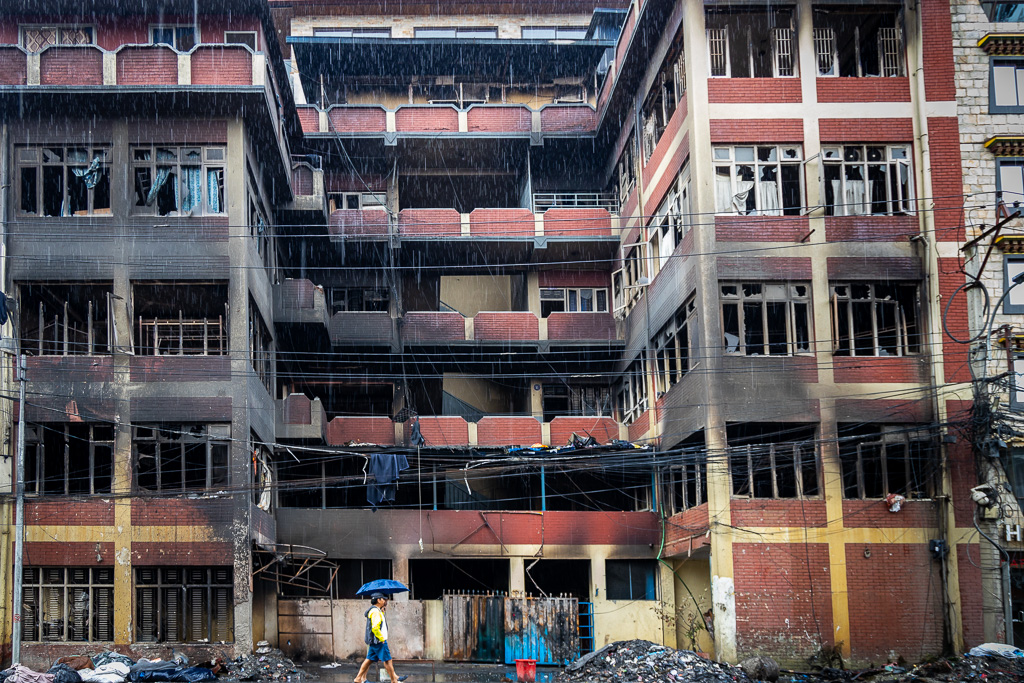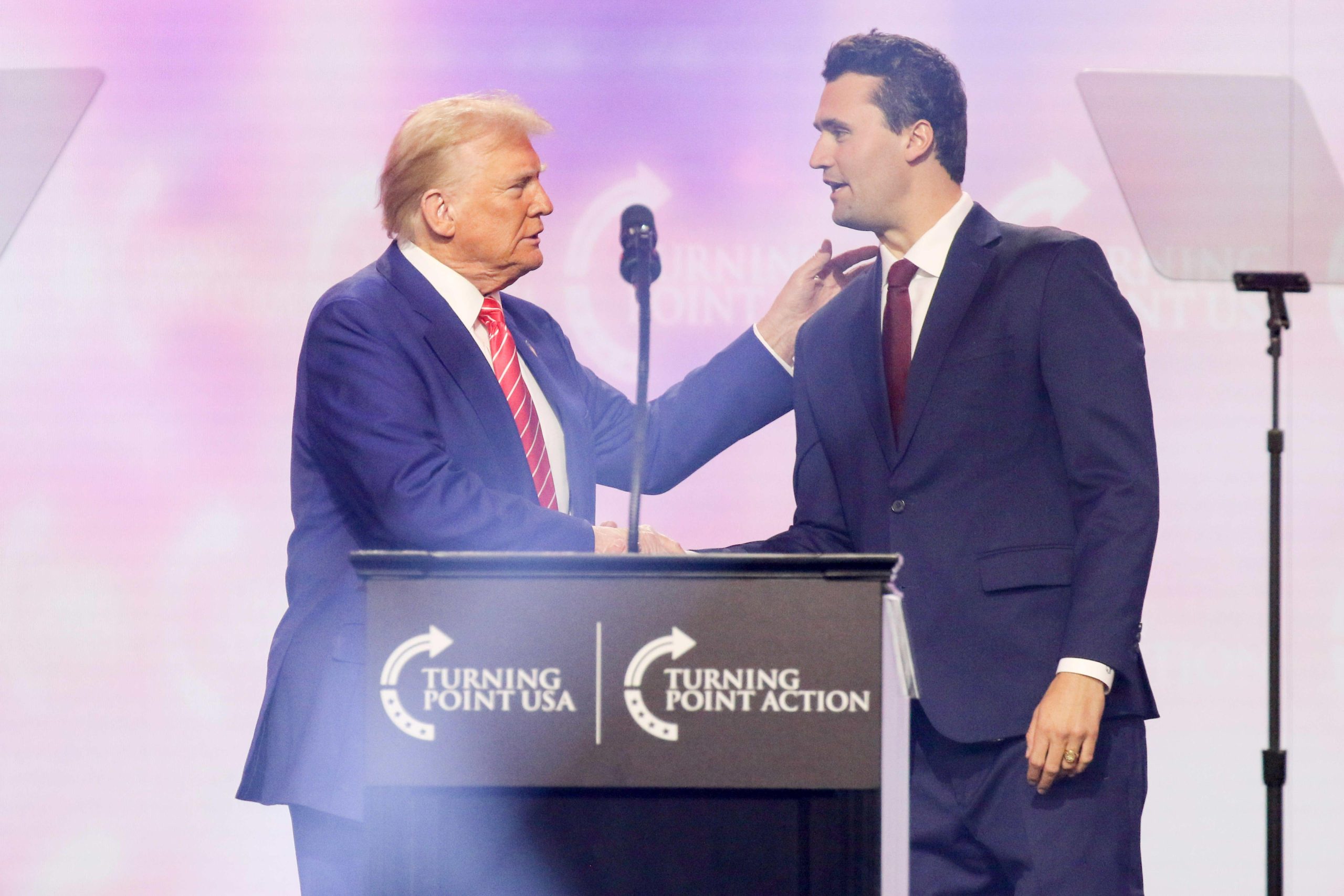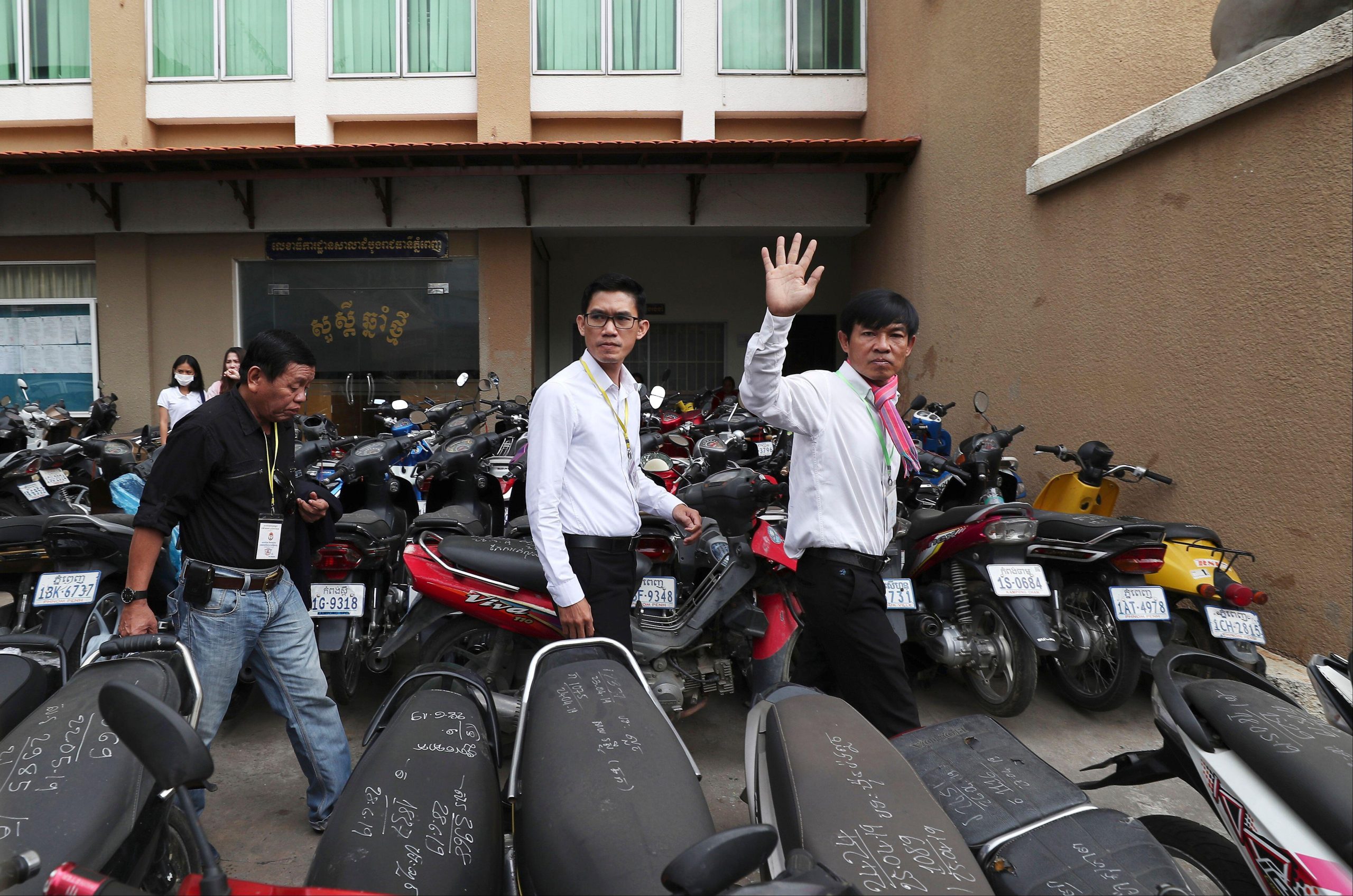On the anniversary of the death of Hrant Dink, David Judson reflects on the difficulties facing Turkey’s journalists
Journalism in Turkey is frankly hard. Outside of war zones, the demands and pace of the Turkish news environment are unparalleled. Martial politics. An opaque and ongoing investigation into a gang of alleged coup plotters dubbed Ergenekon. An intractable war on terrorism. A set of urban problems in Istanbul — Europe’s largest city — that ranges from the pending devastation of the city’s lone remaining forest to a brutal form of gentrification that has left homeless the world’s oldest community of settled Roma. And there is an arc of daunting challenges in the neighborhood that include the collapse of Greece’s economy, unresolved disputes between Russia and Georgia, a sluggish rapprochment between Turkey and Armenia, Iran’s nuclear plans, the wholesale mess that is Iraq and, of course, Israel and Gaza.
No complaints here. This is our job and Hürriyet Daily News & Economic Review’s modest team of 50 reporters and editors steps up to the task each day with the same pride and courage that define good journalists everywhere. But if the gathering of news is challenging, the means by which the government and other official actors seek to confine and manage the press is a minefield that can be daunting.
In our world of high-stakes, high-passion issues knocking one another off front pages in rapid sequence, our attention span is often squeezed between yesterday and tomorrow. So it seems an eternity ago when in late February 2009, Prime Minister Recep Tayyip Erdoğan went off on newspaper columnists.
He accused scribes of focusing on the negative, of even driving down the Istanbul Stock Exchange. He demanded that newspaper owners fire columnists straying outside the narrow band of his approval.
The tirade hardly came as a surprise. Politicians everywhere take pains to manage the press and the ability to do so is a skill in demand everywhere. France’s Nicolas Sarkozy is hardly fond of the media. Italy’s Silvio Berlusconi is even less so, a situation he has remedied by buying large sections of it. America’s politicians are among those quick to blame the press.
But Erdoğan’s government has made complaints about the media a near obsession. No need to go into the recent record here, a history that includes boycott efforts, cancelled accreditations and the draconian tax fine against our corporate parent.
As Anthony Mills, press freedom manager for the Vienna-based International Press Institute, put it after Erdoğan’s outburst:
Although this is not the first time the prime minister has criticized the media, the comments he made are extremely worrying. Because what he seems to be suggesting, if I understand correctly, is that newspapers get rid of columnists who overstep boundaries that are defined by him.
And so we decided after this latest outburst that it was time to establish a bit of context, we were inspired to put together a Press Freedom series. It is a diverse, complex and many-faceted portrait. On the one hand, Turkey has a very robust and lively news media. What other European city has more than 30 dailies? They range from the xenophobic and nationalist to the Marxist to the libertarian, not to mention the ethnic dailies that include the established Armenian, Greek and Jewish press as well as the emergent Kurdish-language media. On the other hand, a gutsy press that is willing to challenge the powers that be is hardly new to Turkey. The tumultuous history of Turkish newspapers is almost two centuries old and the news media of a contemporary standard dates to the early 1950s.
But the leitmotif in this long-running media symphony is struggle. It has never been easy. It is not so today. But Turkish journalists are, as our series title suggests, undaunted and still “pressing for freedom.”
Hürriyet Daily News’ Pressing for Freedom series
David Judson is editor in chief, editor of Hürriyet Daily News & Economic Review





